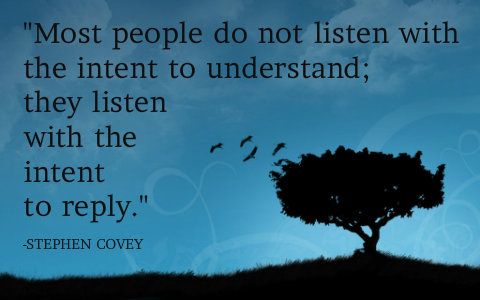Leadership mindsets to promote growth
Leadership and Strategy
March 2021
Business literature consists of good research on the skills, competencies, and habits of effective leaders. However, when coaching leaders who are also founders as well as sales reps, I found it easier to come up with a simple mnemonic that gets to the core mindsets needed to move from a brilliant idea to growth: F-O-L-D:
F – Focus: When you have an ambitious mission for a company or organization, it is easy to get lost in the myriad things your product or service can do for your target clientele. The idea of focus seems almost anathema to founders – as if by focusing, you are cutting off a part of your body. While it may be possible that your product or service can do “everything” – nobody believes you. So, you might as well create a focal point that allows your customers to get to you know before exposing all the other wonderful things your organization can do.
O – Organization: I am no Martha Stewart, but I did learn from an esteemed colleague at HP that organization is key to moving forward particularly if you don’t have everything built or ready to go. While you may not be fully baked, being organized can make it seem like you are and helps your customers and your team understand how to reach the end goal. Yes, startups are chaotic, but chaos is not the same as disorganization. Providing clear paths to established goals enables your team to accompany you on your journey rather than operate in a reactive or firefighting mode. The fastest way to burnout is disorganization, while the clearest route to growth is being organized.
L – Listening: This is the hardest mindset of all – the idea that a founder has more to gain from listening than talking. There is a fear that founders have that if they don’t communicate everything to their client right from the get go, then they won’t have another opportunity to meet with the client again. So, they spend more time talking at their client rather than listening. The irony is the opposite is true. If you take the time to listen, then you can unearth all kinds of opportunities that may not be immediately apparent at an initial introduction. Listening to the needs of a potential client and then tailoring your discussion to them has a much greater degree of success, because you are “helping” them to solve their problems rather than “selling” them on your product.
D – Discipline: As a complement to focus and organization, discipline is about not giving into the temptation to flit from one opportunity to another. This is difficult when you are starting out and need to bring in revenue; however, not having discipline is fatal when your opportunities do not build towards your strategy or focus. This doesn’t mean you are not opportunistic, but it does mean understanding how each deal or project contributes to your overall journey. Having the discipline to stay the course means sometimes having to say “no” to an opportunity, because it diffuses your effort and may cost you more in the end.

As each opportunity presents itself, the F-O-L-D mindsets enable you to think through how best to approach your work and move your mission forward. By continually listening to clients and aligning the work against your focus with organized discipline, you can adapt and pivot with less friction and more purposeful action.